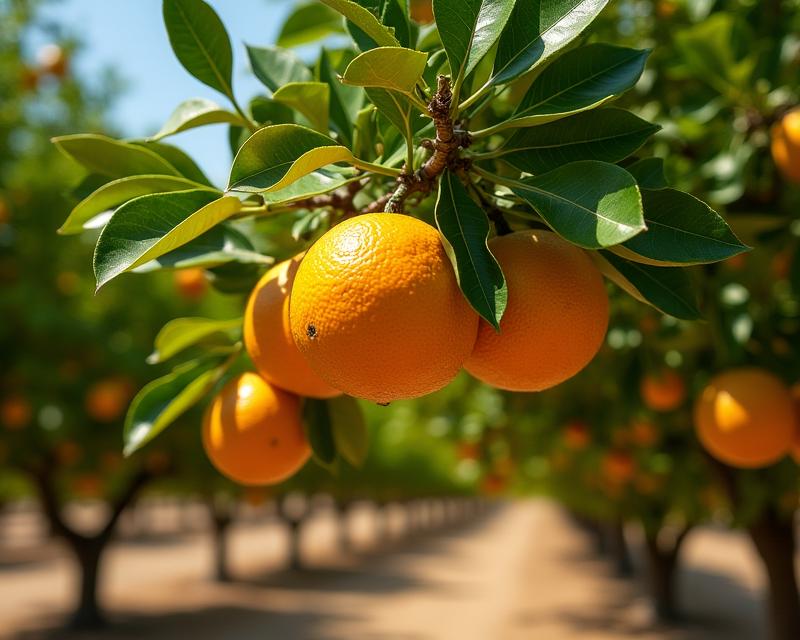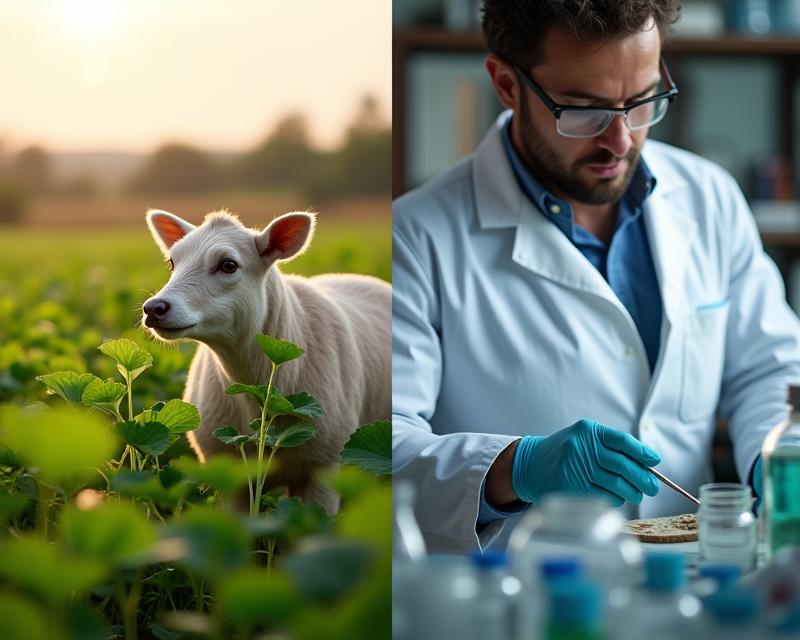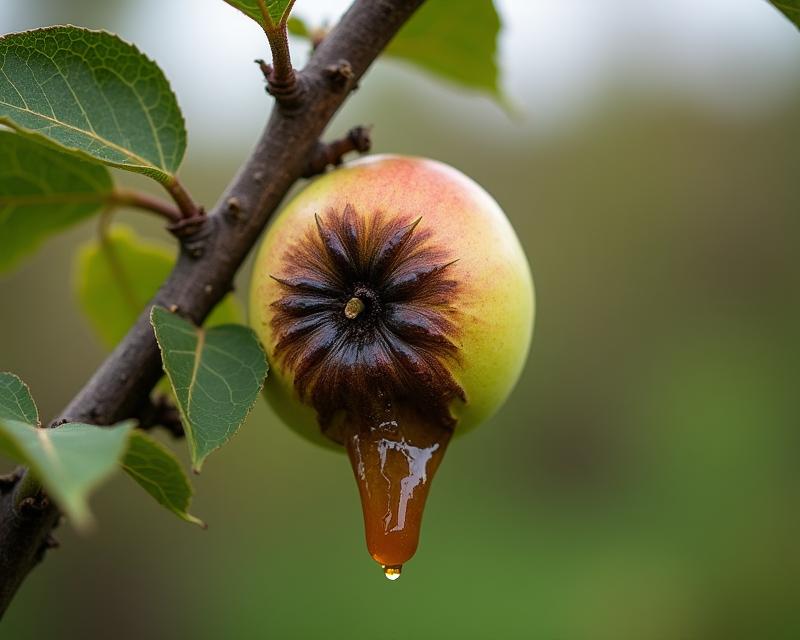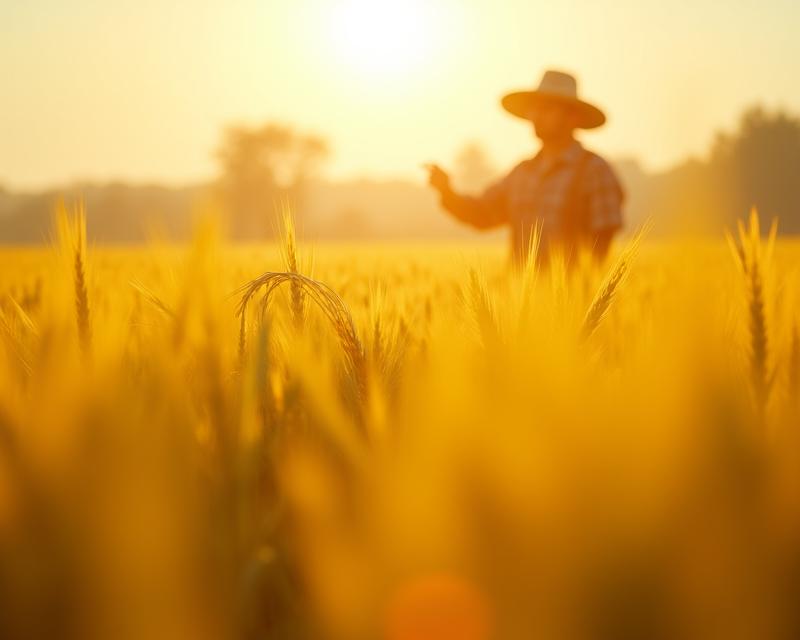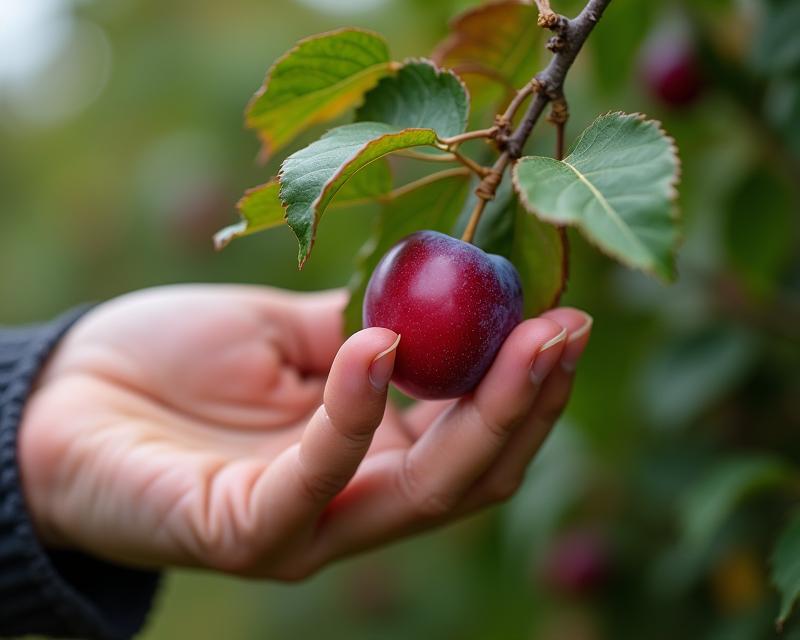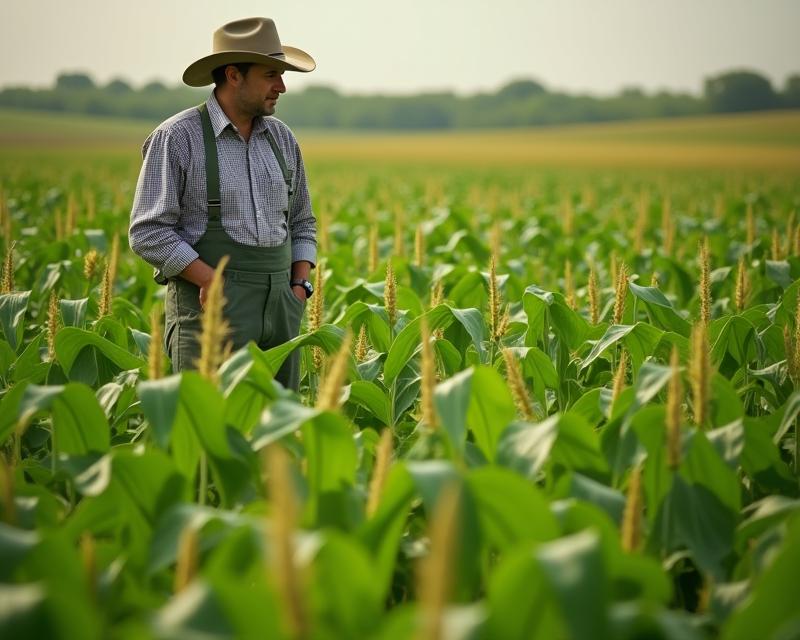Canola: A Look at GMOs in Your Food
Publish in Crops el 21/07/2025 01:09
Canola: A Look at GMOs in Your Food
Hey everyone! As farmers, gardeners, and ranchers, we're constantly learning about the crops that feed the world. Today, let's dive into canola – a crop that's become incredibly common, but also a bit controversial. We'll explore genetically modified (GMO) canola and its widespread presence in our food supply. Understanding this is important for all of us who are involved in agriculture.

What is Canola?
Canola, also known as rapeseed, is a member of the mustard family. It's grown primarily for its oil-rich seeds. It's a relatively easy crop to grow, making it popular worldwide. But here's where things get interesting: a large percentage of canola grown today is genetically modified. These GMO varieties have been engineered to be resistant to herbicides, making weed control easier for farmers. This often leads to higher yields and lower costs, which benefits consumers.
GMO Canola: The Details
The most common GMO canola is engineered to tolerate glyphosate, a widely used herbicide. This allows farmers to spray glyphosate to kill weeds without harming the canola crop. While proponents argue this reduces the need for tilling (which can damage soil), opponents raise concerns about herbicide resistance in weeds and potential environmental impacts. It's a complex issue with valid points on both sides. The widespread adoption of GMO canola has significantly changed farming practices and crop management strategies.
Where Do You Find Canola Oil?
Now, let's talk about where you're likely encountering canola. Canola oil is *everywhere* in processed foods! You'll find it in everything from salad dressings and baked goods to snack foods, margarine, and even some processed meats. It's a very affordable and versatile oil, which is why it's so popular in the food industry. Many people are surprised to learn just how prevalent it is. Checking ingredient labels is a great way to be informed about what you're consuming. Look for 'canola oil' or 'vegetable oil' (which can often be a blend including canola) on the label.
What Does This Mean for Farmers?
As farmers, understanding the role of GMO crops like canola is crucial. It impacts market trends, farming practices, and consumer demand. The rise of GMOs has also spurred discussions about seed ownership, intellectual property, and the future of agriculture. Whether you choose to grow GMO or non-GMO canola, staying informed about the science, regulations, and consumer preferences is key to making informed decisions for your farm. It's a conversation that will continue to evolve, and your input is vital to shaping the future of food production.
- Research different canola varieties (GMO vs. non-GMO).
- Stay updated on local and national regulations regarding GMO crops.
- Consider consumer demand for non-GMO products.
